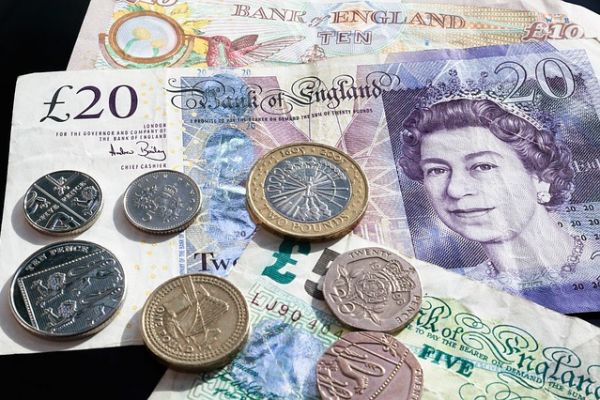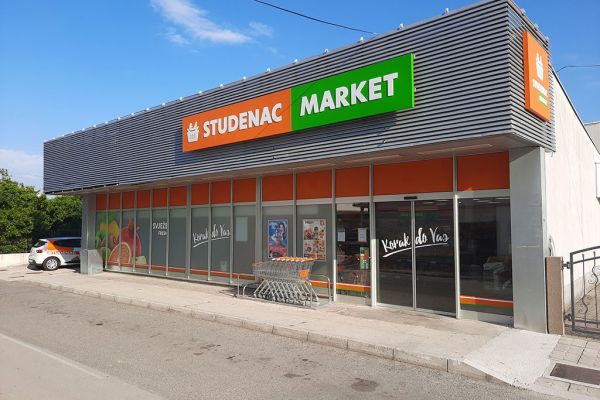There's food price inflation, and then there's passing it on.
It's clear that in the UK food costs are up: in the past few days, Wm Morrison Supermarkets Plc and online grocer Ocado Group Plc have both called an end to more than two years of deflation.
David Potts, chief executive of Morrison, said last week the supermarket was trying to hold back the tide of higher import costs following the post-Brexit-referendum slump in the pound, but the grocery industry could not "defy gravity." Upmarket rival Ocado said Tuesday it was seeing prices pick up. J Sainsbury Plc will give its assessment on Thursday.
True, not all food prices are rising: butter, fish, tea and fresh lamb are up, and potato chips, bacon, eggs and fresh poultry are down, according to Kantar. Even so, the broader picture is the same: inflation is back.
What's less clear is how shops will manage passing this on to their customers. But we can hazard a pretty good guess.
Consumers can try to take control, for example by buying more of supermarkets' own-brand products, which tend to be cheaper. Morrison said it had seen a slight shift into its own labels as customers seek value for money. That might free up some money to spend in other food categories.
But their ability and willingness to do this is limited. Customers have got used to falling prices over the past couple of years, and they are not going to want to pay more. That means retailers are likely to have to take rising costs on their margins.
Supermarkets will be under pressure to secure the best deals possible from suppliers in order to offset the rising costs and protect their already wafer-thin margins. There is potential for some good news here, as they may be able to learn from clothing retailers, which have been able to secure better-than-expected deals from factories , thanks to the global slump in demand for apparel.
Tesco Plc and Unilever NV have already clashed over the price of Marmite. More skirmishes are likely as both supermarkets and big consumer goods groups seek to protect themselves from the corrosive effects of inflation.
This column does not necessarily reflect the opinion of Bloomberg LP and its owners.
News by Bloomberg, edited by ESM. Click subscribe to sign up to ESM: The European Supermarket Magazine.














